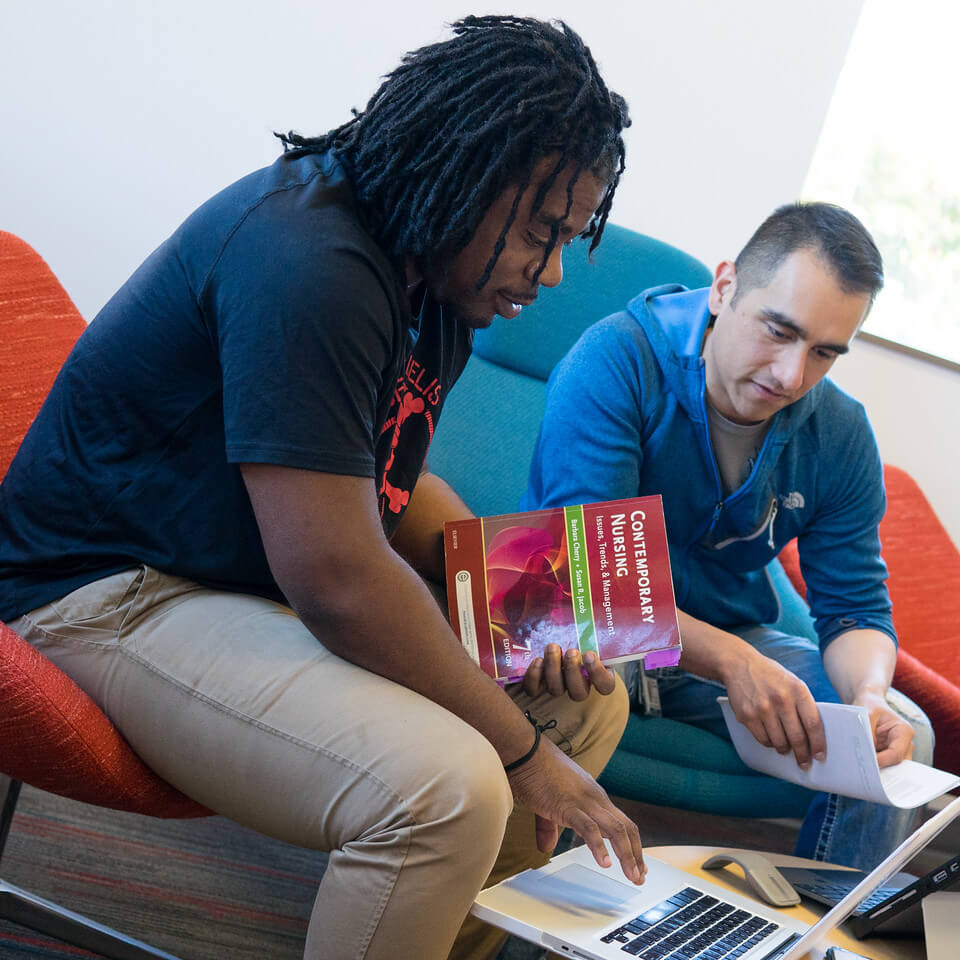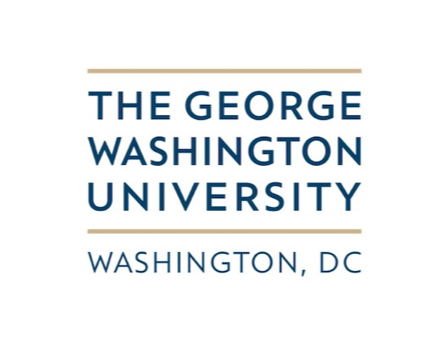Combat medic Tyler Wood has had the privilege of serving alongside and learning from nurses throughout his military career. Earlier this year, he assisted them and other military peers in battling the first wave of the pandemic in New York City. “They were everything I hoped to become in a medical provider, and now I am privileged to have the opportunity to follow in their footsteps,” he says.
Wood is now a Bachelor of Science in Nursing veterans option (VBSN) student at the George Washington University School of Nursing. With this degree, he now feels the same sense of purpose he had when he was serving in the US Navy. It’s the “purpose-driven life” he was seeking when he transitioned out of service and struggled to find the same level of meaning as he did previously.
The GW’s nursing programme is more than just an academic credential — it’s an enriching personal and professional journey that is specifically tailored to vets. Curricula can be customised according to prior education, military service, and experience; time to complete degrees can be accelerated; generous scholarships are available.
“What struck out to me immediately about the GW nursing programme is their selfless commitment to the veterans, their desire to remove as many roadblocks as possible to our educational pursuits, and the school’s reputation for success,” says Wood.
Support for veterans comes in many forms at this Yellow Ribbon school. From camaraderie to financial aid and professional development, GW ensures any barriers to higher education and a new start in life are removed for the men and women who have risked their lives for their nation.
This is important, because although most veterans have educational benefits, it is not a guaranteed pathway to success, according to Dr. Gretchen Wiersma, an Assistant Professor at the GW School of Nursing and VBSN Initiative Coordinator. It can be hard to switch from the military culture to a campus — this is why GW places all VBSN students in the same section to allow for more robust discussions on this transition. All previous military coursework that aligns with the GW School of Nursing requirements are recognised too — this means veterans do not need to retake a course.
“For activities, we have monthly lunches (pre-COVID-19) bringing the VBSN students together. We also have an event once a semester that is offsite that is open to all GW Student Veterans. We offer support through faculty mentoring where each VBSN student is paired up with a faculty mentor who is either a veteran themselves or the spouse of a prior service member,” she adds.
Over 1,800 military-affiliated students are involved in several organisations on campus: GW Vets, GW Naval Reserve Officer Training Corps (NROTC), Army ROTC and Air Force ROTC (AFROTC). Fellowship is plenty here, as are advocacy, social activities, professional networking, learning opportunities, and other programming.
To fellow comrades, their large presence provides a familiar sight; to the campus, they make a vibrant addition to an already diverse student body. “Many of them have extensive experience as a leader within the military; several are also older than the other students. Their worldly experience brings this maturity and leadership into the cohorts,” says Wiersma.
Top-ranked programme; faculty members with experience
GW’s VBSN programme is a full-time, on-site programme at the Virginia Science and Technology Campus (VSTC) in Ashburn, Virginia. At the Simulation Learning and Innovation Centre, they will be able to apply what they have learned and get hands-on experience with sophisticated, innovative learning tools before practising in a clinical facility.
With the programme spanning 15 months, students will be able to begin a career in nursing sooner than usual or continue with the online Master’s in Nursing programme for Veterans, ranked third-best in the nation. The NCLEX pass rate is 93% among GWU graduates.
To Jenna Chamberlain, 31, a Navy veteran from Louisiana, the best part of the VBSN programme is its faculty members. She credits them for her ability to think like a nurse now. “Everyone we have had in this programme teaching us offers a different personality that you can find to resonate with you. I found that Dr. Catherine Wilson Cox and Dr. Gretchen M. Wiersma, with their military backgrounds and extensive experience, really guided me a lot and felt like people I could turn to with any questions. Their mentorship in this programme has been invaluable,” says Chamberlain.
The mentor-mentee relationship is central to the GW nursing programme experience. It allows veterans to reach out if they have any questions, academic or otherwise, according to Wiersma. “During our programme several students hit what I would call bumps in the road. One of my mentees was struggling with drug calculations. I knew that one of my other mentees was a math whiz and had done quite well with the calculation exam. So, I essentially directed the struggling mentee to the strong mentee. I am happy to say that he passed the calculation test, his NCLEX and is now working as a registered nurse. Being able to make these direct connections and support is key,” she shares.
For a seamless transition from the military to a dynamic nursing career, apply to the GW School of Nursing today — learn more here.
Each semester, six new students in the VBSN cohort will receive funding totalling 50% of the cost of tuition to be used towards tuition or received as a stipend divided across the first four semesters of study. To know more about the William and Joanne Conway Transitioning Warrior Nursing Scholars Initiative, click here.











